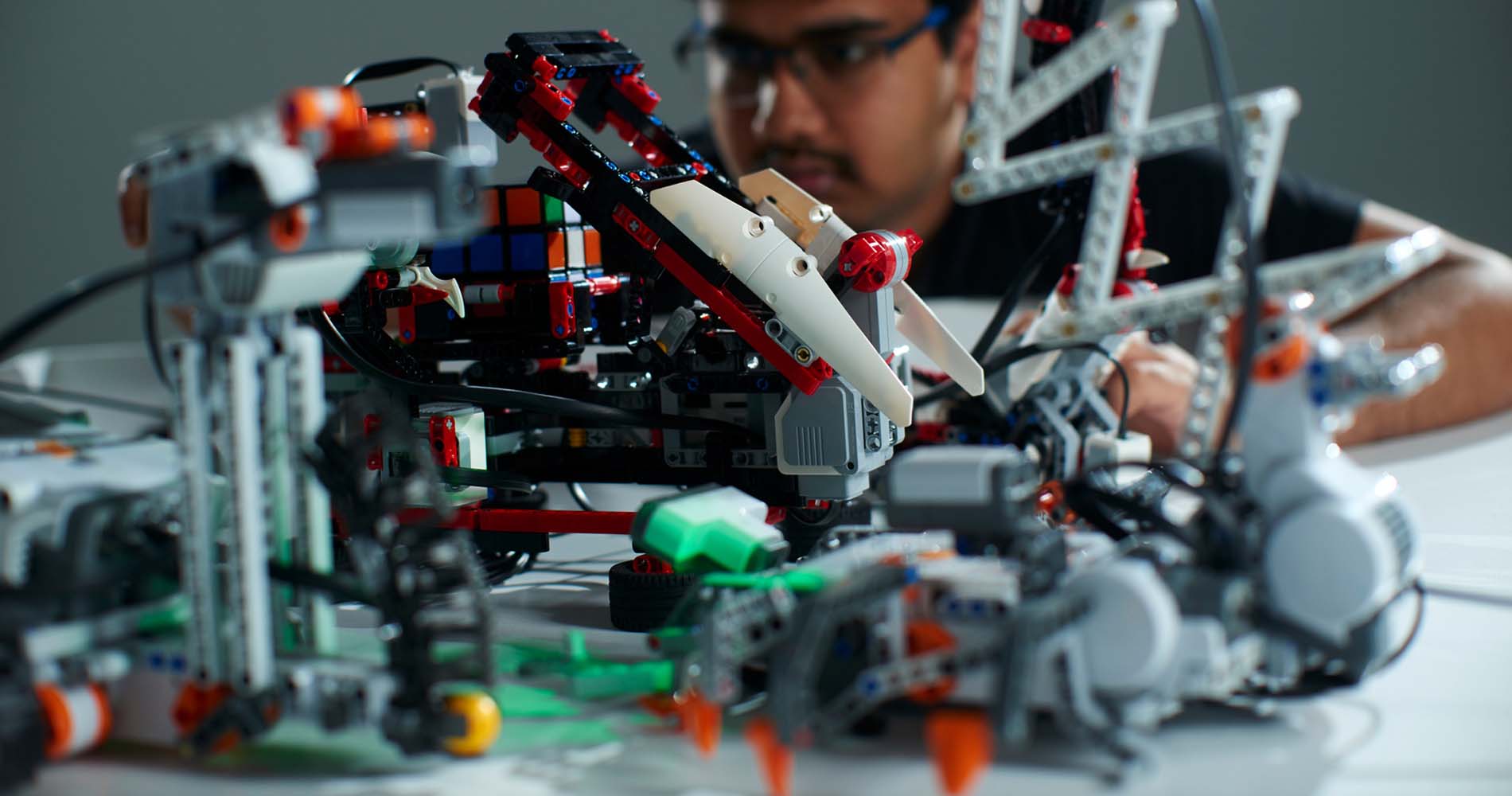Key questions that we wish to answer as part of the ALBERT programme:
- How can robots help us do better what human beings have done in chemistry laboratories since the 1800s?
- How can robots produce higher throughput, but with cleaner, greener, safer, cheaper results?
- How can we improve on the current reliance on off-the-shelf, high-end, expensive equipment?
- How can robots make experiments more sustainable? How can we shield human beings from chemicals and chemical reactions?
- What does laboratory automation mean?
- What aspects of chemical synthesis are currently undertaken autonomously, and what human involvement, input, and management is needed?
- What does automation mean to chemists in a conceptual sense?
- How is it talked about, reasoned with, and critiqued?
- What is lost when automation is applied? Is it fidelity, control (eg in relation to safety), serendipity, etc.?
- How can we improve data capture and analysis for rapid evaluation?
- How can we improve human interaction?
- How can we program these robots more easily and with more useful results?
- What new regulatory frameworks are needed, based on ethical principles?
- What impact can we have on laboratories in different industries, as well as academia?
ALBERT is currently supported by a mini-Centre for Doctoral Training, which crosses several different University of York departments. It has led to the creation of new projects, for which the first (of two) cohorts of PhD students will begin their studies in 2024.
The committee is comprised of:
Co-directors: Ana Cavalcanti and Ian Fairlamb
Lead CDT Coordinator: Pedro Ribeiro
Business Engagement Coordinator: John Oyken
Training Coordinator: Charlotte Willens


